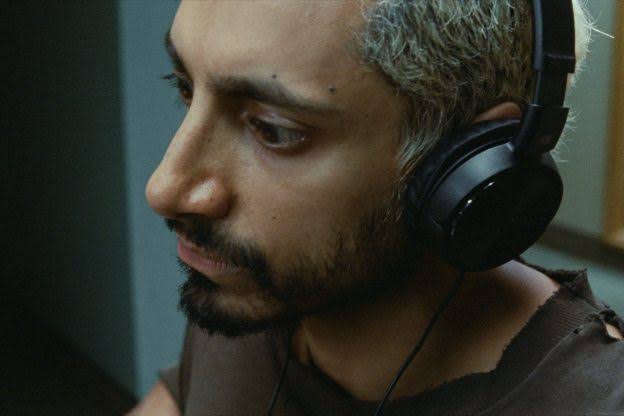TERRY WITHERS WANTS YOU TO IMPROVISE WITH A ROBOT

The art of improv comedy got its start in Chicago in the early part of the last century when Viola Spolin invented it as a means of empowering (and occupying) her day camp students. Thirty years later her son, Paul Sills, used his mother’s games to train his ensemble at his (then) shoestring budget theater, Second City. Since then improv has been a pastime for camp kids, high school theatre departments and hole in the wall theaters in cities across the world.
But things are changing.
Caliber Magazine reports that The Radical Agreement Project has started developing apps powered by AI that allow for users to improvise high quality scenes and also to receive high quality improv instruction from AI. Suddenly anyone with an internet connection can try some improv wherever and whenever they want. The development is a sharp departure from even how The Radical Agreement project itself describes the art of improv.
“It is brand new and maybe it is foolish for me to pretend I know exactly how it will all unfold,” said Radical Agreement founder Terry Withers. “But I do think that improv will stay close to what it has always been. Still some are probably going to change.”
A simple example is rehearsing improv. Improv demands that practitioners learn and master a counterintuitive laundry list of behaviors for scene work. Don’t ask questions of your scene partner when performing a scene, for example.
“The rules of improv are so counterintuitive that the only way to really learn them is through hours and hours of repetition. That has meant renting studio space, scheduling practices with other students and paying for a coach to observe and provide feedback. It’s pretty obvious students won’t need to be doing all that in the near future,” explained Mr. Withers.
Instead, students can now practice not asking questions in scenes with the Questioning Carol app that Mr. Withers built. Whenever they want. Wherever they want. And for as long as they want.
The implications are considerable.
Most improv communities give birth to an albeit small but buzzing shadow economy of improv coaches willing to watch students practice their craft for hours in exchange for under the table payments. Will such practices be as necessary now that apps like Steve The Steamroller now exist?
Mr. Withers took it further, wondering if stage performances may dwindle now that AI has the capability to instantly create new videos from improvised content. Perhaps the future of improv performance will feel more like cinema than theater?
While the technology for such a development does currently exist, Mr. Withers has yet to stitch them together. Time will tell whether he can, but compared to some of the miraculous feats AI is already handling with ease, it does seem it is only a matter of time before Mr. Withers (or some other forward thinking improviser) does.


